1. Air Pollution Could Be Speeding Up Your Skin’s Aging Process
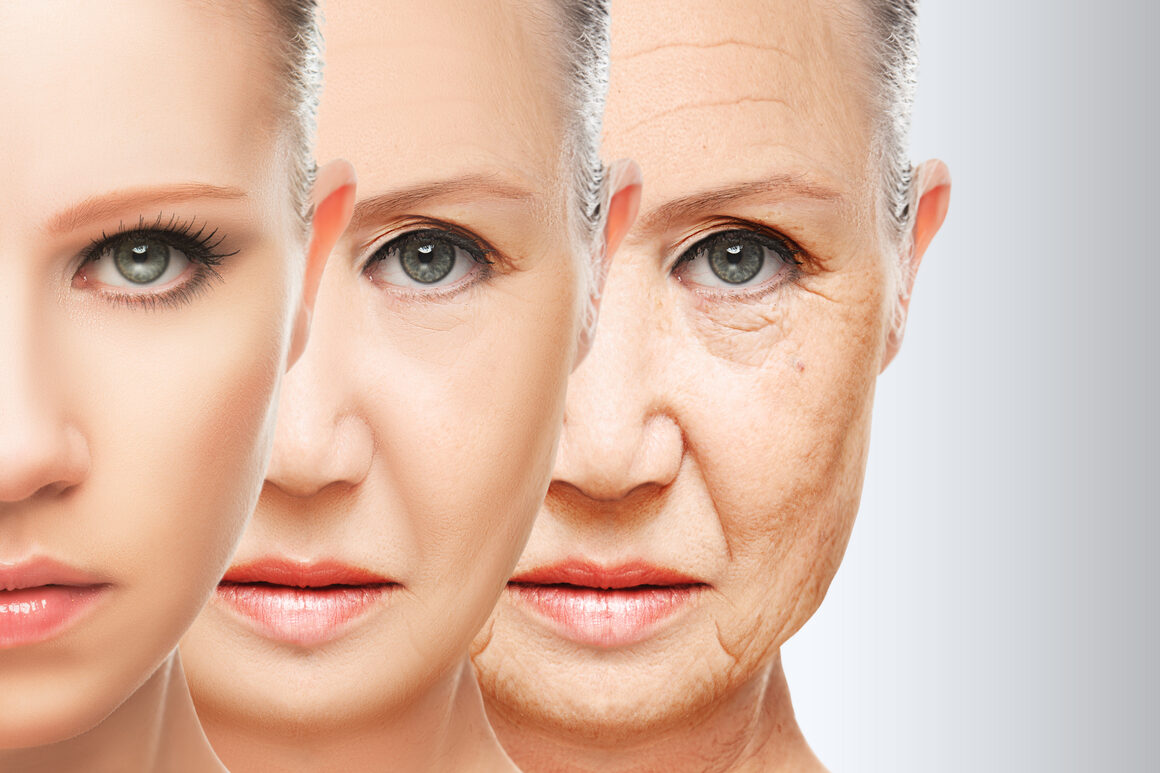
We all know that pollution affects our lungs, but did you know it’s also a major culprit in speeding up skin aging?According to the research exposure to pollutants like particulate matter, ozone, and nitrogen dioxide can break down collagen and elastin in your skin, making it sag and wrinkle faster. These toxins work overtime to cause oxidative stress, which accelerates the appearance of fine lines. But here’s the thing: you don’t have to accept it. While you can’t avoid pollution completely, there are ways to protect your skin. Start by incorporating antioxidants into your skincare routine, these can neutralize the harmful effects of pollution. Source: pubmed.ncbi.nlm.nih.gov
2. The Invisible Dangers of Indoor Air Pollution
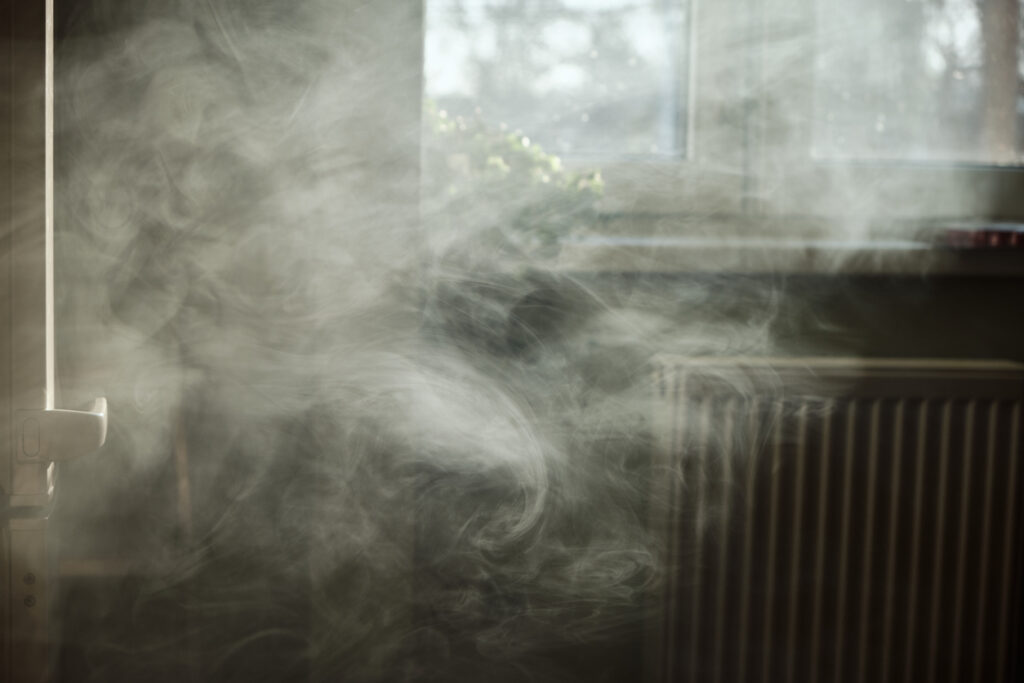
We often think of air pollution as an outdoor problem, but indoor air can be just as toxic, if not more so. From household cleaners and paints to cooking fumes and pet dander, indoor air is filled with pollutants that can significantly harm your health. According to WHO, the air inside our homes can sometimes contain higher levels of pollutants than the air outside, especially in spaces without good ventilation. Over time, breathing in these toxins can have a negative effect on everything from your lungs to your cardiovascular system. To protect yourself, try using air purifiers in your home, especially if you live in a city or in areas with poor air quality. Source: who.int
3. Airborne Particles Are Accelerating Respiratory Issues
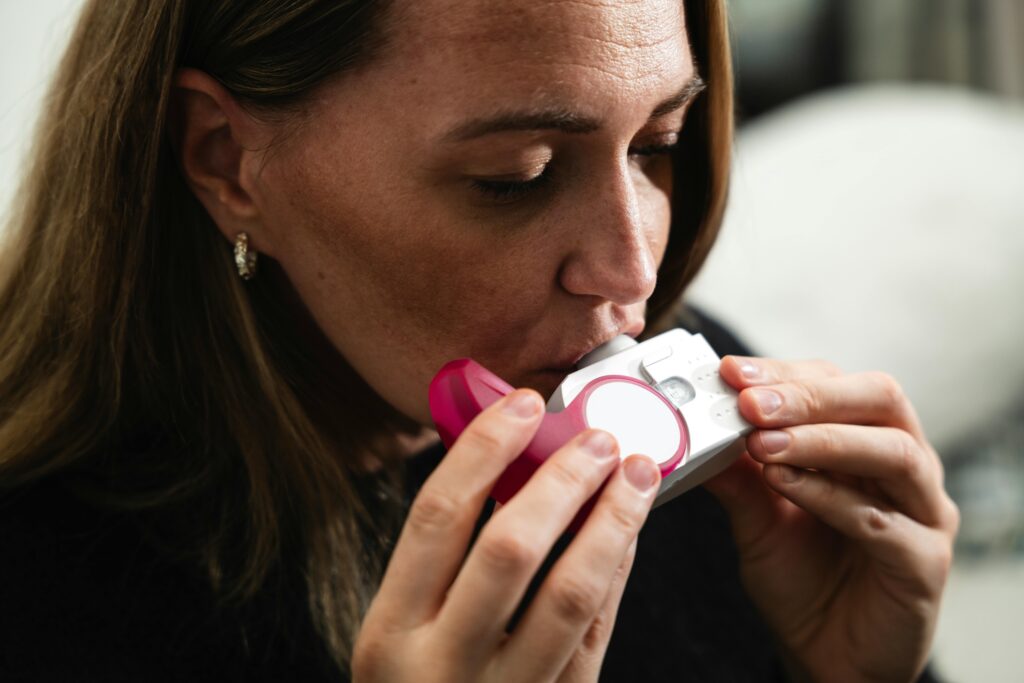
Airborne particles are one of the sneakiest contributors to premature aging. Tiny pollutants, such as dust, soot, and smoke particles, are small enough to enter your lungs and travel through your bloodstream. These particles can inflame and damage your respiratory system, leading to chronic issues like asthma or bronchitis. To protect your respiratory health, consider investing in a high-quality air purifier that can filter out these particles. If you live in an area with poor air quality, avoid outdoor exercise during peak pollution times. Source: sciencedirect.com
4. Poor Air Quality Could Be Linked to Premature Cognitive Decline

It’s not just your skin and lungs that are affected by the air you breathe poor air quality can also impact your brain health. Studies have shown that long-term exposure to pollutants like nitrogen dioxide and particulate matter is linked to cognitive decline, especially in older adults. These pollutants can lead to inflammation in the brain, which can impair memory and accelerate conditions like Alzheimer’s or dementia. To combat this, ensure that you’re regularly consuming brain-boosting foods like omega-3-rich fish, nuts, and leafy greens. Protecting your airways from pollution can help preserve cognitive function as you age. Source: nih.gov
5. Lack of Fresh Air is Slowing Your Immune System

Fresh, clean air is essential for a healthy immune system, yet many of us spend most of our time indoors, breathing recycled air. Without fresh oxygen, your body can’t function as optimally. The pollutants in the air whether from smog, chemicals, or allergens can put additional strain on your immune system. Over time, this can make you more susceptible to colds, viruses, and even autoimmune disorders. One simple solution is to spend more time outdoors in clean, fresh air. Even a daily walk in a park can give your body the boost it needs. Source: bbc.com
6. Breathing Polluted Air Could Lead to Skin Discoloration

You might already know that pollution can cause wrinkles, but did you know it can also lead to skin discoloration? Research has shown that long-term exposure to air pollution can lead to hyperpigmentation, resulting in dark spots or uneven skin tone. Pollutants like particulate matter and carbon monoxide can trigger the production of melanin, the pigment responsible for skin color. This can result in age spots, dark patches, and a blotchy complexion, leaving you looking older than you actually are. To combat this, use skincare products with brightening ingredients like niacinamide or alpha hydroxy acids, which can help reduce discoloration. Source: ijdvl.com
7. The Surprising Link Between Air Pollution and Stress

It’s not just your physical health that suffers from polluted air, it can take a toll on your mental well-being too. Studies have shown that exposure to air pollution can increase feelings of stress and anxiety. When your body is under constant attack from harmful particles, it can trigger the “fight or flight” response, which causes the release of stress hormones like cortisol. These elevated levels of stress hormones can lead to a range of issues, from irritability to long-term anxiety. Combatting stress caused by air pollution starts with being mindful of your environment. If you live in a polluted area, make time to relax in natural, cleaner spaces. Source: prcceh.upenn.edu
8. Poor Air Quality Can Lower Your Energy Levels

Are you feeling sluggish or tired all the time? It could be the air you’re breathing. Poor air quality has been linked to decreased oxygen levels in the body, which can make you feel more fatigued. When you inhale polluted air, your body has to work harder to process the toxins, leaving you feeling drained and low on energy. To boost your energy, you can increase your hydration levels to help your body flush out toxins and improve oxygen circulation. Regular physical activity, especially cardio, can also help improve your lung capacity, making it easier to breathe in fresh air. Lastly, try incorporating adaptogens like ginseng into your diet, which are known to help combat fatigue and increase energy.
9. Air Pollution Could Be Contributing to Your Allergies
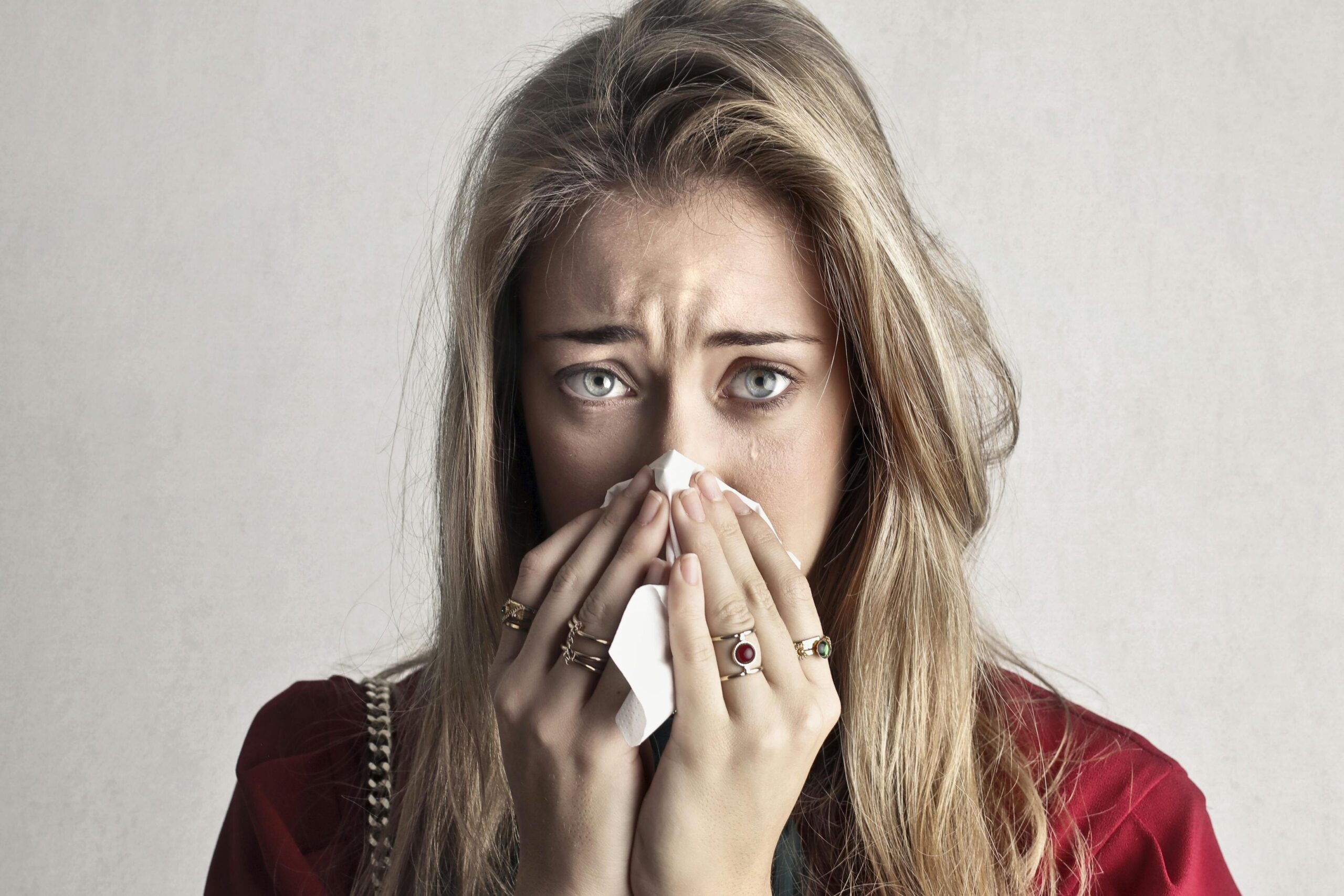
If you find yourself sneezing more often, it could be more than just seasonal allergies, it might be the pollution around you. Polluted air can exacerbate the symptoms of allergies by irritating the respiratory system and making the body more sensitive to allergens like pollen, dust, and mold. In polluted environments, the particles in the air can aggravate the nasal passages, making it harder to breathe and increasing your risk of respiratory infections and seasonal allergens. To help reduce your exposure, try to stay indoors on days with high pollution levels, especially during allergy season. Installing an air purifier at home can significantly reduce the number of allergens circulating in the air.
10. Air Pollution May Be Contributing to Weight Gain

It might sound surprising, but exposure to air pollution could play a role in weight gain. Research has found a link between air pollution and an increased risk of obesity. The toxins in polluted air can cause inflammation and disrupt the body’s metabolic processes, making it harder to maintain a healthy weight. Pollutants like particulate matter can also lead to hormonal imbalances, increasing the risk of fat storage and slowing down the body’s ability to burn fat. One way to counteract this is by focusing on reducing your exposure to air pollution by staying indoors on high-pollution days. A healthy, balanced diet can also help mitigate the effects of pollution on weight gain.
11. Breathing Polluted Air Can Lead to Sleep Disruptions

Struggling to get a good night’s rest? Your sleep quality could be suffering due to the air you’re breathing. Studies have shown that air pollution can negatively affect sleep patterns by increasing levels of inflammation in the body. This inflammation can disrupt your ability to fall asleep or cause you to wake up frequently during the night. To improve your sleep quality, start by improving the air quality in your home. Using an air purifier or keeping windows closed during high-pollution periods can help reduce exposure to harmful particles.
12. Chronic Air Pollution Exposure Can Impact Your Hormonal Health
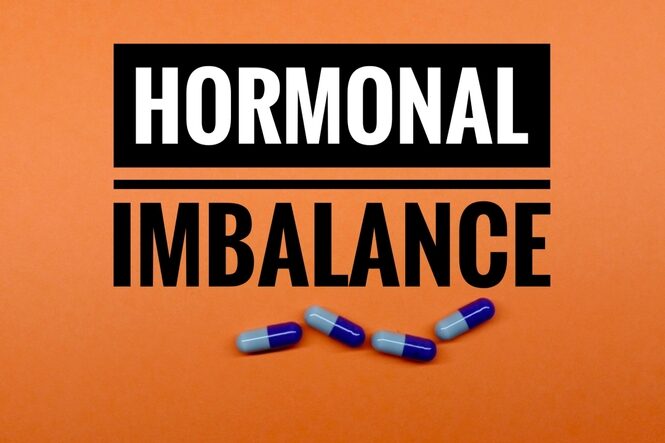
You might think of air pollution as something that only affects your lungs or heart, but it can also have a surprising impact on your hormones. Pollutants like endocrine-disrupting chemicals (EDCs) can interfere with the normal functioning of hormones in the body. These chemicals can mimic the effect of natural hormones, leading to imbalances that may contribute to a variety of health issues, from fertility problems to thyroid disorders. To protect yourself from hormonal imbalances caused by air pollution, it’s crucial to minimize exposure to EDCs. Look for natural and eco-friendly products that are free from chemicals that may disrupt your hormones.
The story The Air You Breathe Might Be Aging You Faster Than You Think was originally published on DailyFetch.


